 Girl Wonder and the Terrific Twins
Girl Wonder and the Terrific Twins Betsey Biggalow Is Here!
Betsey Biggalow Is Here! Dangerous Reality
Dangerous Reality Knife Edge
Knife Edge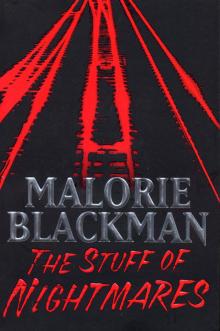 The Stuff of Nightmares
The Stuff of Nightmares Operation Gadgetman!
Operation Gadgetman! Checkmate
Checkmate Love Hurts
Love Hurts Boys Don't Cry
Boys Don't Cry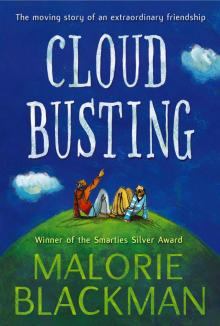 Cloud Busting
Cloud Busting Pig-Heart Boy
Pig-Heart Boy The Deadly Dare Mysteries
The Deadly Dare Mysteries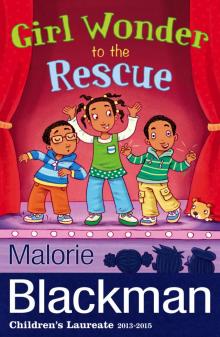 Girl Wonder to the Rescue
Girl Wonder to the Rescue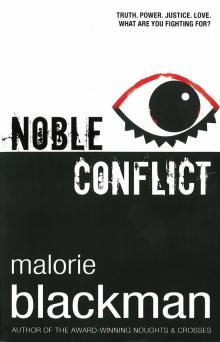 Noble Conflict
Noble Conflict The Monster Crisp-Guzzler
The Monster Crisp-Guzzler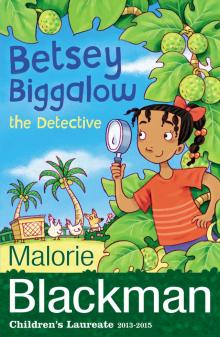 Betsey Biggalow the Detective
Betsey Biggalow the Detective Trust Me
Trust Me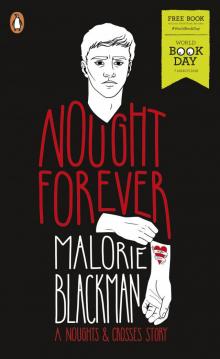 Nought Forever
Nought Forever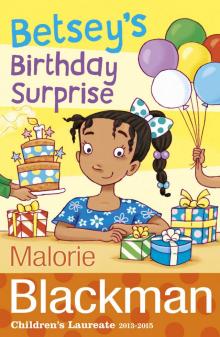 Betsey’s Birthday Surprise
Betsey’s Birthday Surprise Dead Gorgeous
Dead Gorgeous Jack Sweettooth
Jack Sweettooth Crossfire
Crossfire Girl Wonder's Winter Adventures
Girl Wonder's Winter Adventures Whizziwig and Whizziwig Returns Omnibus
Whizziwig and Whizziwig Returns Omnibus Double Cross
Double Cross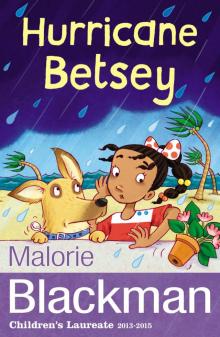 Hurricane Betsey
Hurricane Betsey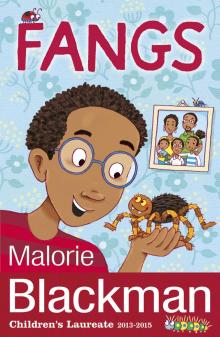 Fangs
Fangs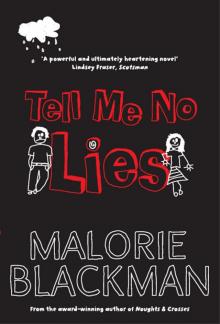 Tell Me No Lies
Tell Me No Lies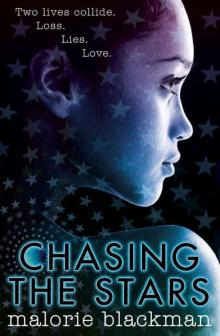 Chasing the Stars
Chasing the Stars Hacker
Hacker Snow Dog
Snow Dog A Dangerous Game
A Dangerous Game Space Race
Space Race Whizziwig and Whizziwig Returns
Whizziwig and Whizziwig Returns A. N. T. I. D. O. T. E.
A. N. T. I. D. O. T. E.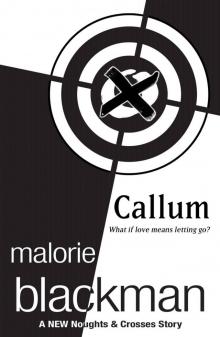 Callum: A Noughts and Crosses Short Story
Callum: A Noughts and Crosses Short Story